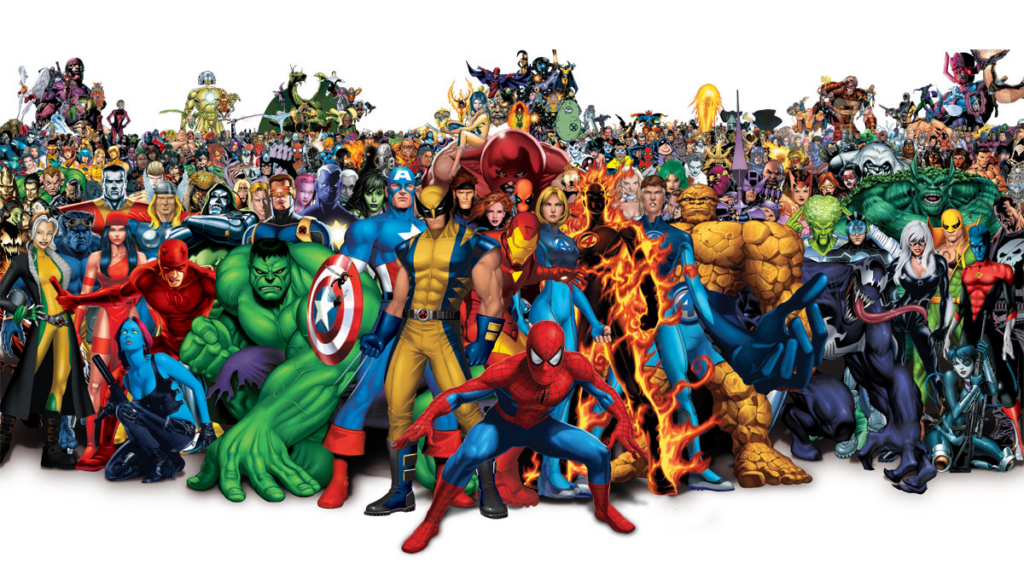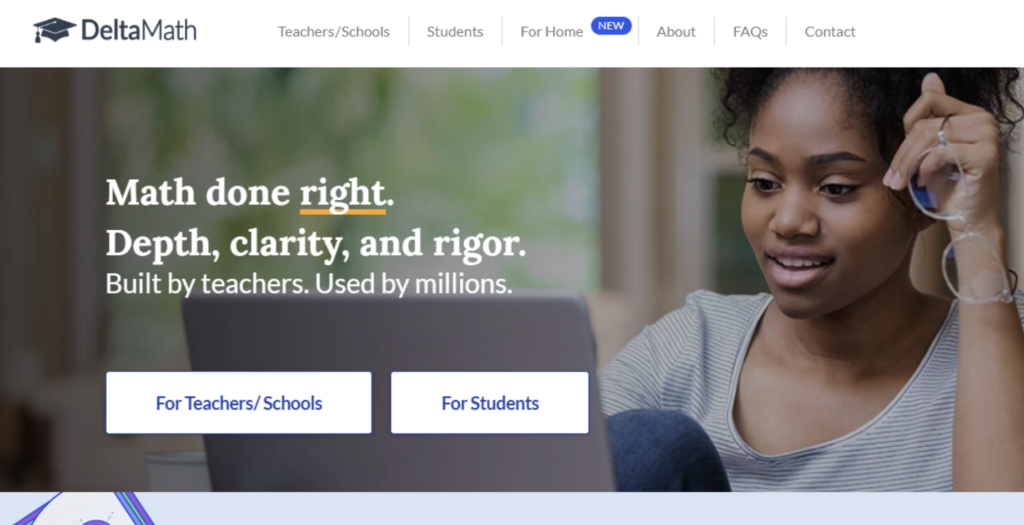Maximize Developer Efficiency with AI Coding Tools
In the dynamic landscape of software development, artificial intelligence (AI) coding tools are emerging as indispensable assets. These tools, rather than replacing human developers, serve as catalysts for innovation and efficiency. This article delves into the symbiotic relationship between AI coding tools and developers, showcasing how they collaborate to drive progress in the field.
The Role of AI Coding Tools:
AI coding tools streamline repetitive tasks like code generation, error detection, and performance optimization, liberating developers to focus on strategic and creative endeavors. For instance, recent studies have revealed that AI-driven code completion tools can increase coding speed by up to 50%, significantly boosting productivity for developers working on large-scale projects. Moreover, AI-powered static code analysis tools can identify potential vulnerabilities and bugs, preemptively enhancing software reliability and security.

Collaboration between AI and Developers:
The collaboration between AI coding tools and human developers represents a paradigm shift in software development. By leveraging AI’s data-driven insights and pattern recognition capabilities, developers can expedite development cycles and iterate more efficiently. Take the case of GitHub’s Copilot, an AI-powered code suggestion tool, which assists developers in writing code snippets by offering contextually relevant suggestions. This collaborative effort not only accelerates coding but also fosters knowledge sharing and continuous learning within development teams.
Addressing Limitations and Evolving Trends:
While AI coding tools offer immense benefits, they are not without limitations. AI may struggle with nuanced decision-making and context comprehension, especially in domains requiring subjective judgment. However, ongoing advancements in natural language processing and machine learning are mitigating these limitations, paving the way for more sophisticated AI coding assistants. Additionally, industry initiatives such as the Responsible AI License (RAIL) are promoting ethical AI development practices, ensuring that AI tools align with societal values and principles.
Conclusion:
AI coding tools represent a transformative force in software development, augmenting human capabilities rather than supplanting them. By embracing AI as a collaborative partner, developers can unlock new levels of productivity and innovation. As the symbiotic relationship between AI and human developers continues to evolve, the future of software development holds promise for enhanced efficiency, reliability, and creativity.




